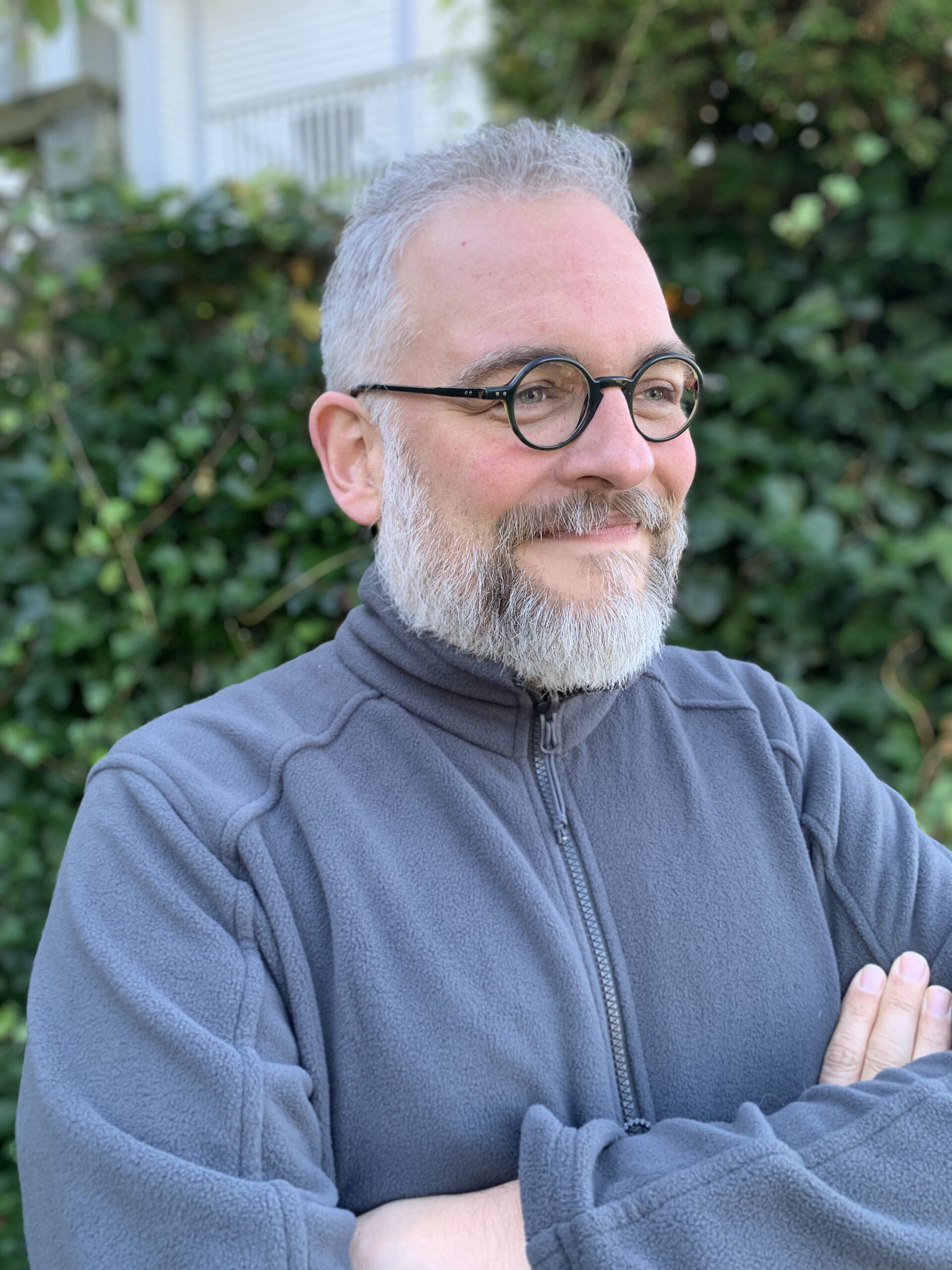When Newfoundland’s vaccine passport was announced, some Anglicans complained about how it would affect faith-based gatherings. They asked, ‘What would Jesus do?’ and ‘Is the church really going to turn away lepers?’ There are criticisms that might be made about the way a province carries out its vaccine mandate. There are serious conversations to be had about the way society continues to care for those who have chosen not to protect themselves and their neighbours by getting vaccinated. But the ‘leper argument’ is not a serious argument or criticism, and it’s time to let it go.
When the Biblical writers talked about ‘leprosy’, they were using the word as a catch-all term for a number of disfiguring skin diseases that were chronic and contagious. Centuries before germ theory, people already realized that you could catch some diseases by coming into close contact with those who were infected. In order to protect the community, the Law of Moses ordered that someone who had been diagnosed with one of these chronic contagious diseases needed to dress distinctly, announce that they were ‘unclean’, cover their mouth, and quarantine themselves away from the rest of the community (Leviticus 13.45–46). A meme making the rounds on social media this fall pointed out that the Bible specifically orders both masks and physical distancing!
This was part of the world that Jesus lived in, and the Gospels are clear that he took these Old Testament ‘special measures orders’ seriously. He cared for lepers and did not shun them, but every single time he encountered lepers, it was somewhere outside. He never healed lepers in the synagogues, because they would not have been allowed that close to the rest of the community. He never argued that these rules were unfair or exclusive. He healed the lepers, removing the obstacle that kept them out of community, and told them to show themselves to the priests to get a clean bill of health. (Because Jewish priests in those days were expected to be experts not just in sacrificing, but also in diagnosing skin diseases!)
It’s worth pointing out that unlike us, Jesus was able to cure leprosy with a word. When he gave his disciples authority to cleanse lepers, he was telling them to reintegrate them into the community through healing and health, not by pretending that their highly contagious and sometimes life-threatening diseases did not matter. It’s also worth pointing out that unlike the lepers of biblical times, most unvaccinated adults are almost always unvaccinated by choice. People who have certified medical reason not to be vaccinated, and who have no choice in the matter, have medical exemptions and are indistinguishable from the fully-vaccinated.
Jesus didn’t welcome lepers into the synagogue, but he always cared for them and treated them as valued children of God. Perhaps if we were keen to apply his example to the members of our communities who are unvaccinated, we would take his charge to the disciples seriously. Cleanse the lepers. Help the people who cannot navigate the medical system, so that they can get their shots and help end this pandemic. Offer a ride to someone who cannot get to a clinic themselves. Reassure those who are hesitant, and sit with those who are afraid of needles. And for those who still remain unvaccinated, our churches need to continue to offer online worship and a robust sense of online community, even for those whose choices keep them from joining us in person. If we were serious about ‘What would Jesus do,’ there would be no question of what we should do.




